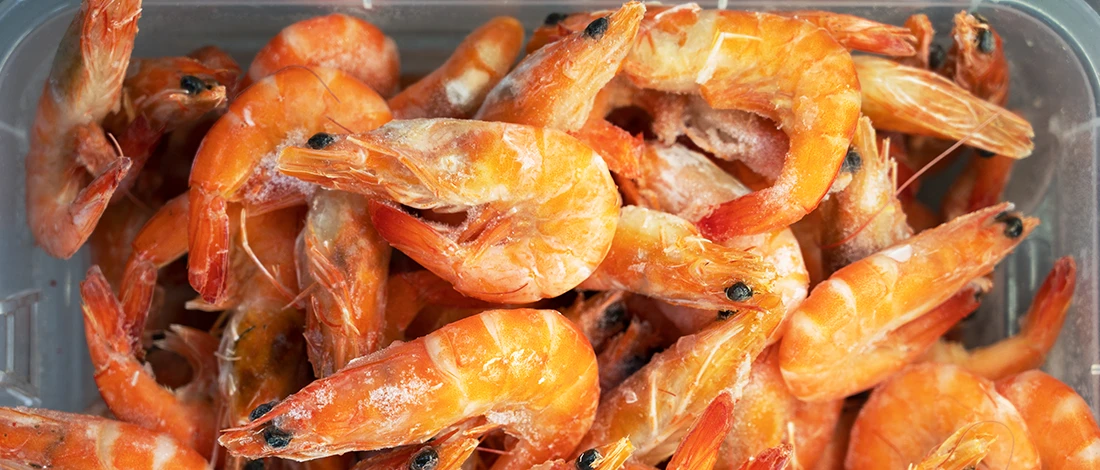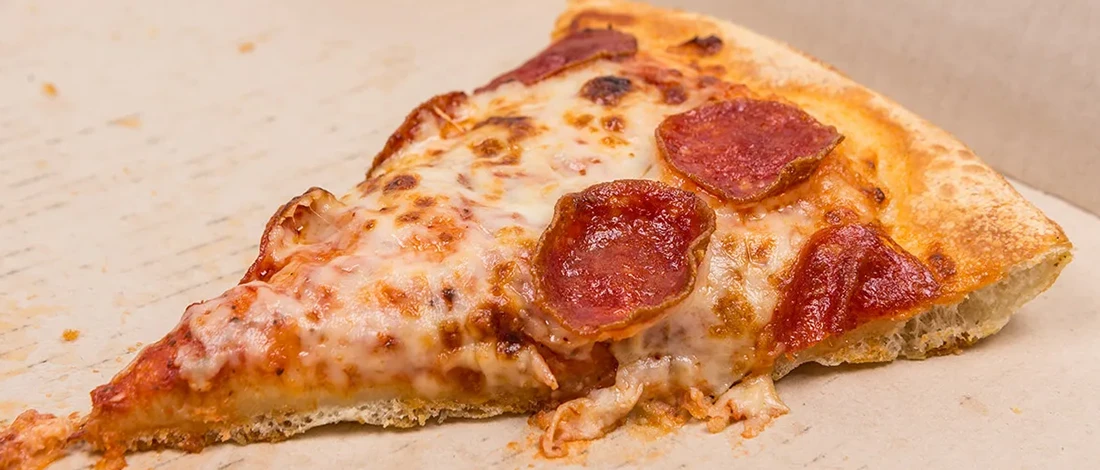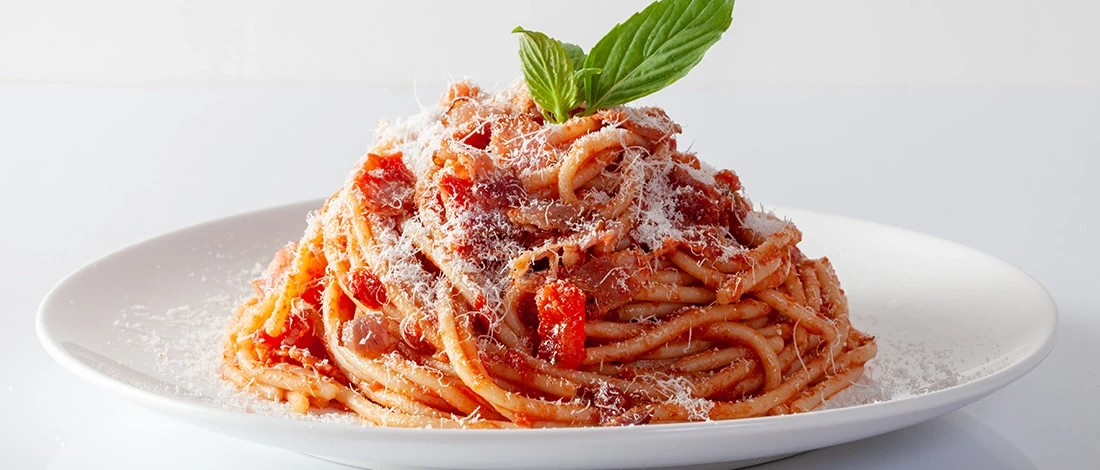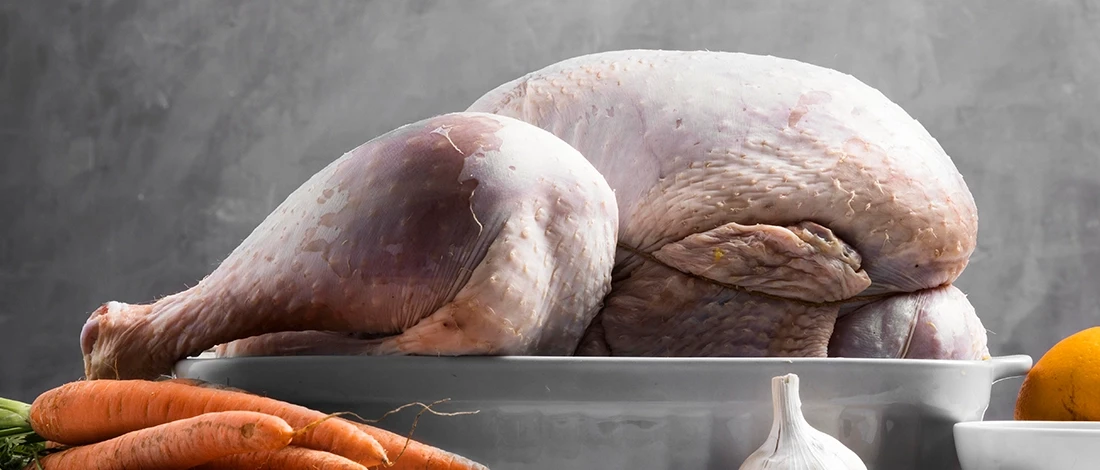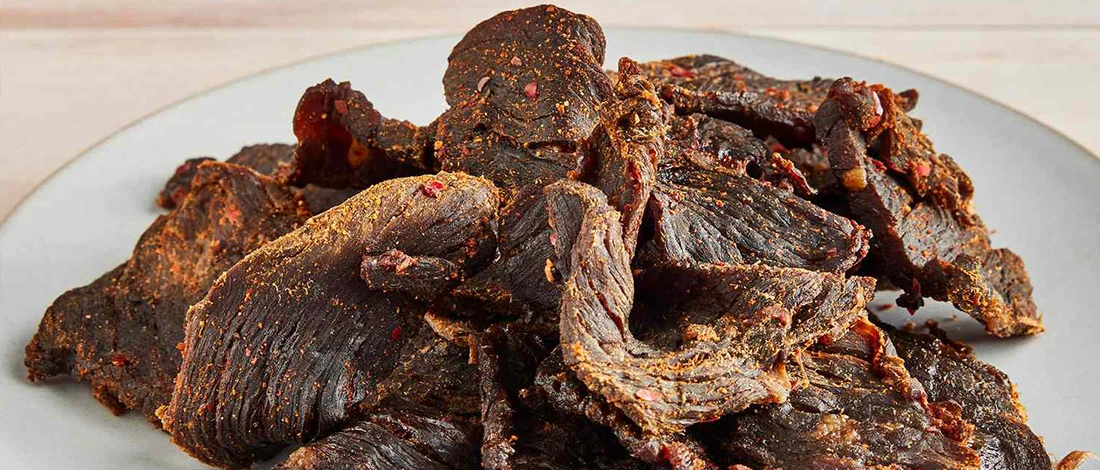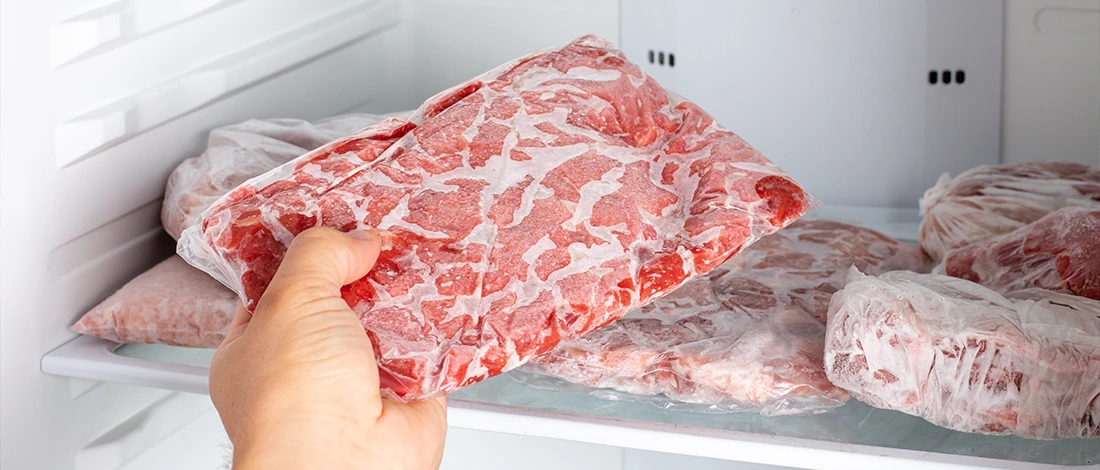Bacon doesn’t last long in my household. However, I admit I ate some questionable bacon during the ten years I’ve been on a carnivore diet, so I wanted to find out how long it lasts and how I can tell if it’s gone bad.
I checked what the USDA says, and I talked with my butcher.
Here’s how long you can keep cooked and uncooked bacon in the fridge.
Quick Summary
- How long cooked bacon lasts in the fridge depends on the packaging and the cooking method.
- You can store bacon grease for six to nine months.
- You should follow several rules when storing so cooked bacon can last long in the fridge.
How Long Does Uncooked Bacon Last In the Fridge?
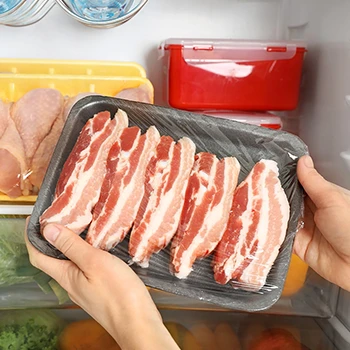
Uncooked bacon lasts about two weeks in the fridge as long as you don’t open the package.
Some manufacturers include a use-by date on the packaging, and you can keep the bacon in the fridge until this date. If you have bacon cured without nitrates, you can keep it in the fridge for three weeks.
However, if you open the bacon package, the bacon can last one week in the fridge. This is because bacon is exposed to air, and bacteria are always lurking in the air.
Even if you reseal the package after opening it, the exposure will start the chemical reactions that lead to spoiled bacon.
How Long Does Cooked Bacon Last in the Fridge?
Cooked bacon can last between five to seven days in the fridge. You should keep leftover cooked bacon in an airtight container to last as long as possible.
If you didn’t cook the bacon yourself but bought shelf-stable cooked bacon, you can keep it in the pantry until the use-by date. Once you open it, you can use it within five days to two weeks, depending on what the package says.
Pair bacon leftovers with food such as baked potatoes, and it’s guaranteed to be eaten quickly.
Note: Bacon grease can last up to six months in the fridge and up to nine months in the freezer.
Pro tip: You can seal leftover cooked bacon in a plastic bag and save cooked bacon in a freezer. Seal it well when you freeze cooked bacon; it’ll keep the flavor for a month. You can keep it frozen for longer, but it won’t taste as good.
“You can keep the bacon in the refrigerator at 40 ºF or below for one week. Bacon can also be frozen at 0 ºF for four months (for best quality).”
- United States Department of Agriculture
Related Articles:
Tips for Storing Bacon

Here’s how to store cooked and uncooked bacon so it can last in the fridge for a long time:
- Wrap it - Wrap open bacon with paper towels before storing. The towels absorb moisture. You can also wrap it with aluminum foil or plastic wrap. The same goes for fully-cooked bacon. You can layer bacon strips between sheets of paper towels so the strips don’t stick together.
- Store in a container - Keep the bacon in a resealable plastic bag or an airtight container so the air doesn’t reach it, and it remains fresh.
- Keep in the coldest part of the fridge - The fridge door temperature is higher than the rest of the fridge, so store cooked bacon at the bottom of the fridge so that it can last longer.
Here’s how to freeze bacon:
- Store it properly - Store in an airtight container or a freezer-safe bag to keep cooked bacon fresh. Use resealable bags and layer bacon strips with paper towels. This lets you pull out a strip or two when you want to eat cooked bacon and return the rest to the freezer.
- Remove air - Make sure to squeeze out any air in the package to prevent freezer burn and have fresh bacon.
- Keep the temperature low - The freezer temperature should be 0 degrees or below [1].
- Reheat cooked bacon in the microwave - Use defrost setting on your microwave, but don’t cook for longer than a few minutes at a time to prevent overcooking. Also, don’t leave cooked bacon in the microwave for longer than a few minutes, or the plastic can melt.
How to Tell Bacon Has Gone Bad?

You can tell bacon has gone bad by looking at its texture and color for signs of mold or foul odor.
- Smell - Bacon should have a faint smokey scent. If you notice a sour or sulfuric smell, it’s gone bad. Keep in mind bacon’s smokey scent can mask the unpleasant odors, so you should check for other signs it’s gone bad.
- Texture - Bacon should feel soft and slightly moist. If you touch it and it feels slimy, it’s a sign bacteria has started breaking down the meat. Cooked bacon that’s gone bad loses its crispy texture and becomes sticky.
- Color - Fresh bacon has strips of white fat and pinkish-to-red meat. If it takes on a green, gray, or brown color, it’s a sign there are bacteria.
- Mold - Bacteria can form on the bacon’s surface and create mold. Don’t try to cut the moldy part and use the rest. Even if you don’t see them, there’s a high chance there are fungi throughout the bacon, and you can get food poisoning.
Also Read: How to Tell if Pork Is Bad?
FAQs
Can Bacon Go Bad in the Fridge?
Yes, bacon can go bad in the fridge. You can refrigerate cooked bacon in an open package for about a week. It’ll go bad after this time. You also have to be careful when storing cooked bacon. It’ll go bad more quickly if it’s not properly stored.
Is It OK to Eat Expired Bacon?
No, it’s not OK to eat expired bacon. Don’t eat bacon past its use-by date. However, you can eat cooked bacon seven days past its sell-by date if properly stored.
Can You Freeze Bacon for 5 Years?
Yes, you can freeze bacon for 5 years. Technically, you can freeze bacon indefinitely. However, it won’t taste good if not used within one month of freezing.
References:
- https://nchfp.uga.edu/how/freeze/bacon.html#


